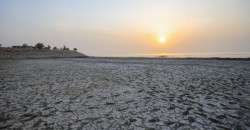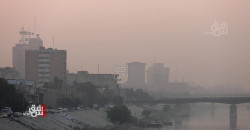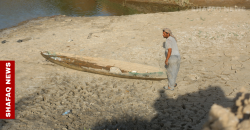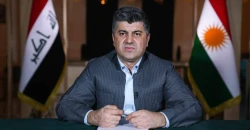Race against the sand: Al-Sulaimaniyah aims to rescue Iraq from desertification
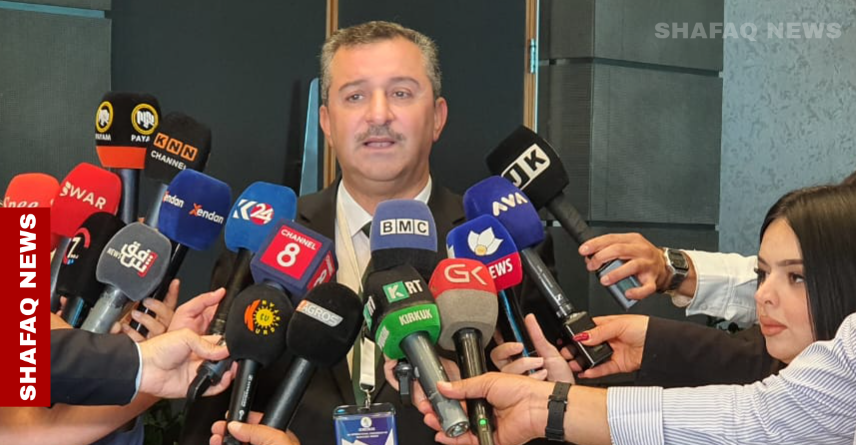
Shafaq News/ On Sunday, al-Sulaimaniyah Governor Haval Abu Bakr warned of mounting climate-related challenges across Iraq, calling for urgent national action to confront the growing risks of desertification, pollution, and water scarcity.
Abu Bakr said that desertification and pollution pose a serious threat to all Iraqi regions but emphasized that the Kurdistan Region—and al-Sulaimaniyah in particular—could play a leading role in addressing the crisis. He cited the province’s green spaces, clean water resources, distance from major pollution sources, and high levels of public environmental awareness as key advantages.
He warned that failure to address these issues scientifically could trigger internal displacement from central and southern provinces toward the Kurdistan Region, potentially leading to demographic shifts, pressure on job markets, and social unrest similar to patterns seen in other parts of the world.
To help mitigate the crisis, al-Sulaimaniyah administration has requested 1.5 billion Iraqi dinars ($1.1 million) from the Kurdistan Regional Government to expand access to potable water. Abu Bakr confirmed the funding has been approved and that infrastructure projects are underway.
Abu Bakr also pointed to this year’s rainfall, which he said reached only half of last year’s levels. However, he downplayed the immediate threat, noting that desertification trends cannot be judged based on a single season.
On the public health front, the governor said al-Sulaimaniyah continues to take environmental and epidemic-related health threats seriously. He cited the province’s early and coordinated response to the COVID-19 pandemic as a model, highlighting the establishment of crisis units and health teams under the supervision of the Health Directorate. “Similar teams remain active and ready to respond to future outbreaks,” he said.
Abu Bakr acknowledged ongoing shortages of essential medications in some hospitals and noted that the provincial government has repeatedly requested the release of federal funds allocated for pharmaceuticals. In the meantime, al-Sulaimaniyah has redirected portions of its local budget to maintain drug supplies and avoid disruptions in patient care.
On the political front, the governor addressed speculation about the appointment of a new provincial leader, stating that the legal process remains suspended due to the dissolution of provincial councils in both Kurdistan and Iraq. He explained that under the previous law, governors were elected from within provincial councils, but the absence of such bodies has stalled the legal mechanism for succession.
Abu Bakr said al-Sulaimaniyah administration has submitted multiple proposals to political parties advocating for legislative elections but noted that no clear solutions have emerged. He stressed that any transfer of authority must be based on a formal order from the Kurdistan Region’s presidency or relevant institutions.
Concluding his remarks, Abu Bakr urged urgent and comprehensive solutions to Iraq’s intertwined environmental and administrative challenges. He affirmed that al-Sulaimaniyah can be a central player in addressing ecological crises, not only within Iraq but across the wider region.
